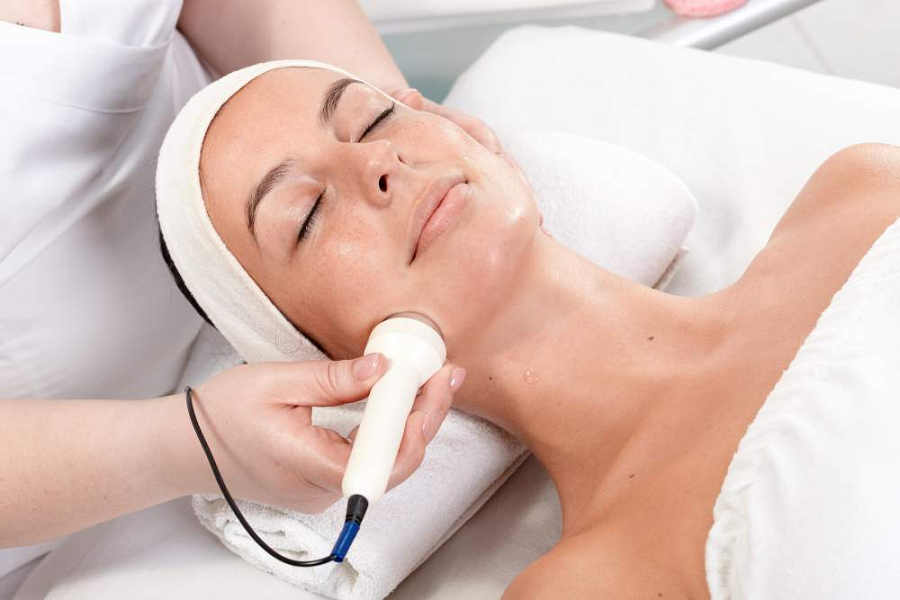Rejuran Healer has gained immense popularity in South Korea—not just as a cosmetic skin booster, but as a regenerative skin treatment with medical benefits. Based on polynucleotide (PN) technology derived from salmon DNA, it promotes natural healing and tissue repair, making it a powerful option for patients dealing with various skin issues beyond simple aesthetics.
So, who is truly an ideal candidate for Rejuran Healer, according to Korean dermatologists? Here’s what medical professionals in Korea consider when recommending this treatment.
1. Patients with Early Signs of Aging
Korean dermatologists often recommend Rejuran Healer for patients in their late 20s to early 40s who are starting to see:
- Fine lines and wrinkles (especially around the eyes and mouth)
- Decreased skin elasticity
- Dull or sagging skin
The PN in Rejuran promotes collagen synthesis, improving skin thickness and firmness over time. It’s a favorite early-intervention treatment to delay more invasive procedures like lifting or resurfacing.
2. People with Compromised Skin Barriers
Rejuran Healer is especially effective for repairing damaged or sensitive skin, making it ideal for:
- People who have overused harsh skincare (e.g., retinol, acids, or lasers)
- Those recovering from chronic inflammation or dermatitis
- Patients with dry, flaky, or reactive skin due to environmental stress
Korean dermatologists emphasize its role in restoring the skin’s natural barrier, which is crucial for patients with medically compromised skin conditions.
3. Patients with Acne Scars and Post-Inflammatory Hyperpigmentation (PIH)
While not a substitute for laser treatments, Rejuran is frequently used to complement acne scar treatment:
- It promotes skin regeneration in atrophic (indented) scars.
- It reduces inflammation and redness in post-inflammatory pigmentation.
- It helps even out skin texture over time.
Korean doctors may pair Rejuran with microneedling, subcision, or fractional lasers in a combination therapy for acne scar patients.
4. Patients with Enlarged Pores and Uneven Texture
Enlarged pores and rough skin texture are common concerns, especially among patients with oily or combination skin. Rejuran can:
- Tighten and refine pores by increasing dermal density
- Improve surface smoothness
- Balance oil-water levels in the skin
This makes it a go-to treatment in Korea for people frustrated with chronic pore visibility and uneven skin tone.
5. Those Experiencing Skin Aging Due to Environmental Damage
Patients with photoaged skin, especially those with:
- Sun damage
- Uneven pigmentation
- Early sagging or dullness
…are considered good candidates. Korean dermatologists note that the PN molecules in Rejuran Healer have antioxidant and anti-inflammatory effects, helping reverse signs of UV damage and oxidative stress.
6. Patients Looking for Non-Surgical Skin Rejuvenation
For those who want natural-looking results without downtime, Rejuran Healer is a popular alternative to:
- Fillers
- Botox
- Laser resurfacing
It gradually enhances skin quality from within rather than creating instant volume or artificial lifting, aligning well with the “glass skin” aesthetic so popular in Korea.
7. Not Ideal For: Patients with the Following Conditions
Korean doctors also highlight certain contraindications, where Rejuran may not be suitable or should be delayed:
- Active skin infections (acne flare-ups, eczema, herpes outbreaks)
- Pregnancy or breastfeeding
- Known allergies to fish or seafood (since PN is derived from salmon)
- Keloid-prone skin (consultation required)
Patients in these categories are either advised alternative treatments or a customized protocol after medical evaluation.
Final Thoughts from Korean Doctors
Korean dermatologists view Rejuran Healer not as a one-size-fits-all solution but as a biological skin repair system best suited for those looking to heal and regenerate their skin at a cellular level. The ideal candidate is someone seeking long-term skin health, especially if they:
- Struggle with chronic skin sensitivity or weakness
- Are beginning to experience aging signs
- Have scarring or pigmentation from previous skin trauma




